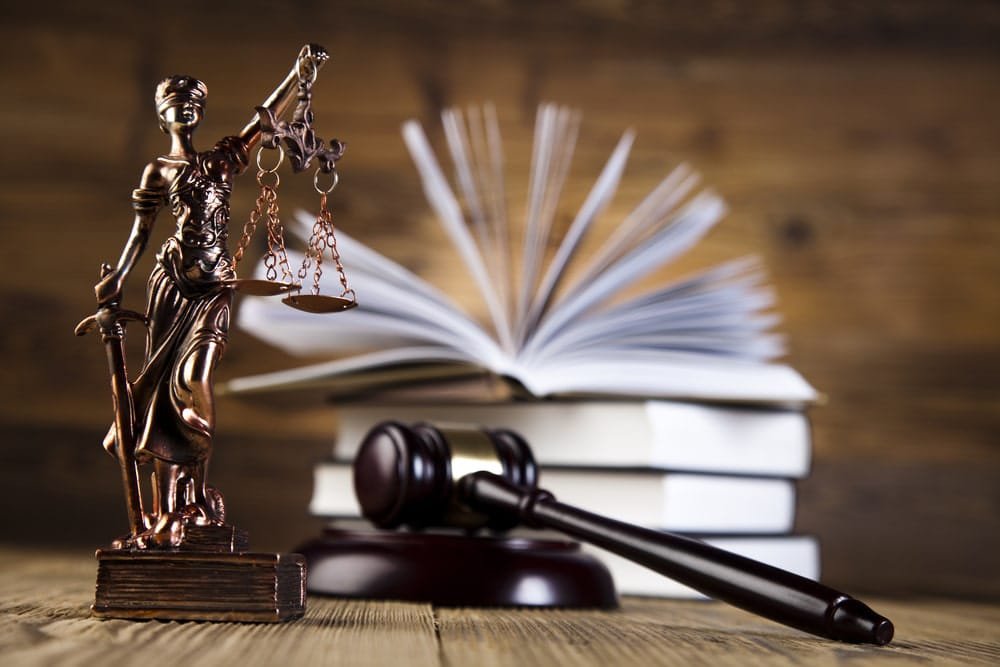
License Laws are the set of regulations and legal requirements that govern the granting, issuance, and management of licenses by government authorities or other regulatory bodies. These laws are put in place to control, authorize, and monitor various activities and business operations to ensure public safety, health, and compliance with legal standards. The need for a license is based on the premise that certain activities or businesses may pose a risk to the public, the environment, or the economy, and therefore require oversight.
Types of License Laws:
- Business Licenses:
- Business licenses are required for individuals or organizations wishing to operate a business legally. These laws regulate the types of businesses allowed, and often specify the area or locality in which they can operate.
- Examples:
- Trade Licenses: For businesses engaged in specific activities such as food, retail, or construction.
- Shop and Establishment License: Required for setting up businesses like shops, hotels, and restaurants.
- Professional Licenses:
- Professional licenses are issued to individuals to regulate and ensure competence in particular professions. These licenses set standards for qualifications, education, and experience required to practice in specific fields.
- Examples:
- Medical License: For doctors and healthcare professionals to practice medicine.
- Legal License: For lawyers or advocates to practice law in a court of law.
- Teaching License: For educators to teach in schools or universities.
- Engineering License: For engineers to perform engineering services.
- Trade and Occupational Licenses:
- These licenses are required for individuals or entities engaged in specialized trades or occupations, where certain standards of competence or safety must be met.
- Examples:
- Contractor’s License: For contractors in construction or related industries.
- Real Estate License: For real estate agents and brokers to practice legally.
- Driver’s License: For individuals to legally drive motor vehicles.
- Environmental Licenses:
- Some activities or businesses that may affect the environment require environmental licenses to ensure that operations comply with environmental laws and standards.
- Examples:
- Pollution Control License: For industries to ensure they comply with environmental protection laws and regulations regarding air, water, and noise pollution.
- Hazardous Waste Disposal License: For businesses that deal with hazardous materials to ensure safe disposal and handling.
- Liquor and Food Licenses:
- Businesses that sell alcohol, food, or beverages may require specific licenses to operate legally and ensure consumer safety and health.
- Examples:
- Liquor License: Required by businesses that sell alcoholic beverages like bars, restaurants, and liquor stores.
- Food Establishment License: For restaurants, cafes, food vendors, and other food-related businesses to comply with health and safety standards.
- Import/Export Licenses:
- Businesses engaged in international trade, importing or exporting goods, need specific licenses to comply with trade regulations and tariffs.
- Examples:
- Import License: Required for importing goods from other countries.
- Export License: Required for exporting goods to foreign countries.
- Firearms and Security Licenses:
- Certain activities involving firearms, security services, or even private investigations may require specialized licenses to ensure public safety and regulatory compliance.
- Examples:
- Firearms License: For individuals or organizations to legally possess, carry, or use firearms.
- Private Security License: For security agencies or guards to operate legally.
- Intellectual Property Licenses:
- These licenses are used for the legal protection of intellectual property rights, such as patents, trademarks, and copyrights, allowing the owner to grant others the right to use, distribute, or sell their intellectual property.
- Examples:
- Trademark License: Allows a third party to use the trademark of a business or product.
- Copyright License: Allows a third party to use, distribute, or reproduce a copyrighted work.
- Vehicle Licenses:
- Vehicle Registration: Required by law for all motor vehicles to be registered with the relevant authorities, ensuring they comply with road safety standards.
- Driver’s License: Required for individuals to legally operate motor vehicles.
- Broadcasting and Media Licenses:
- These licenses are required by individuals or entities in the media and entertainment industry to operate legally and comply with broadcast standards.
- Examples:
- Broadcasting License: For radio and television stations to legally operate.
- Cable TV License: For cable service providers to offer their services legally.
Why License Laws Are Important:
- Public Safety: License laws ensure that businesses and individuals involved in potentially risky activities meet safety and regulatory standards to protect public health, safety, and well-being.
- Accountability: Licensing provides a means of accountability by ensuring that those engaged in regulated activities are qualified, competent, and subject to oversight.
- Consumer Protection: License laws help ensure that consumers are protected from fraud, unsafe practices, or substandard services, as businesses must adhere to certain legal standards.
- Regulation of Professions and Trades: Licensing helps maintain the integrity of various professions and industries by ensuring that only qualified professionals are allowed to practice in specialized areas, such as law, medicine, or engineering.
- Revenue Generation: Governments use licensing fees as a way to generate revenue to fund regulatory bodies, maintain public infrastructure, and carry out inspections or enforcement.

